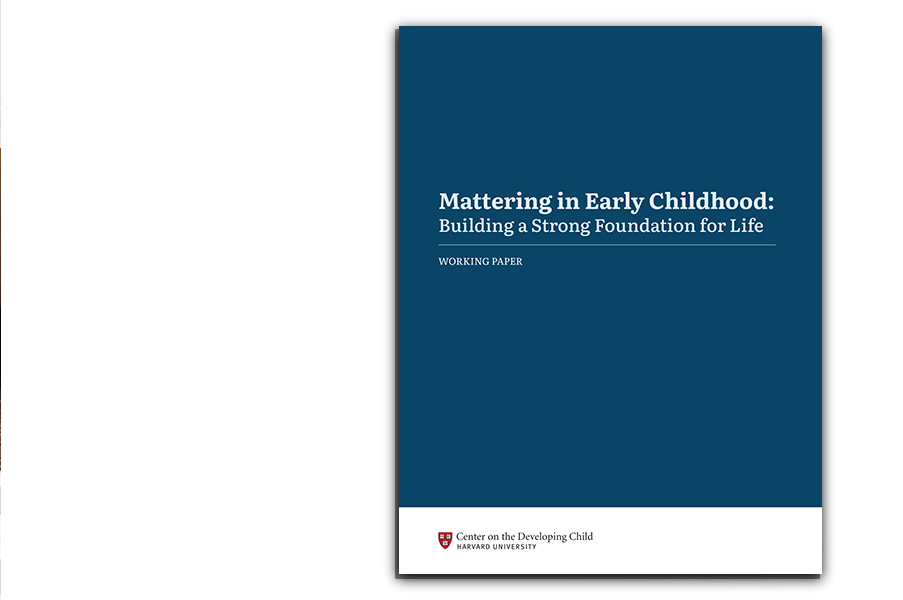We Communicate For Happy Children
 “The Center on the Developing Child” at “Harvard University” Releases New Working Paper on “Early Childhood Mattering”
“The Center on the Developing Child” at “Harvard University” Releases New Working Paper on “Early Childhood Mattering” 
3 November 2025
The Center on the Developing Child at Harvard University has published a working paper titled “Mattering in Early Childhood: Building a Strong Foundation for Life”, highlighting the crucial role that the feeling of mattering—being valued and knowing one’s contributions are meaningful—plays in children’s lifelong health and development. The study brings the concept of mattering into early childhood research, a space where it has been largely absent despite its growing prominence in sociology, psychology, and neuroscience.
According to the paper, a child’s sense of mattering begins forming in infancy as early experiences shape the architecture of the developing brain. When children feel valued and capable of adding value, they gain emotional security that strengthens mental health, supports learning, and builds resilience against the rising rates of stress, anxiety, and loneliness affecting children and caregivers across the United States. The study stresses that mattering is both protective and actionable, serving as a buffer against toxic stress while promoting positive self-esteem, confidence, and prosocial behavior.
The authors warn that the absence of mattering can have long-term negative effects, including heightened inflammation, increased disease risk, and greater psychological distress. Conversely, strong early foundations of mattering predict better health and well-being in adulthood. The paper identifies practical ways families, educators, and communities can cultivate mattering—through attentive listening, meaningful responsibilities, recognition of children’s efforts, and inclusive policies that show every child’s presence and actions truly matter.
Supported by several major philanthropic foundations, the publication urges policymakers and practitioners to build a broader “ecosystem of mattering” that begins in early childhood and extends across homes, schools, and communities. By acting early, the Center emphasizes, societies can create healthier, more resilient generations equipped to contribute meaningfully to the world around them.
